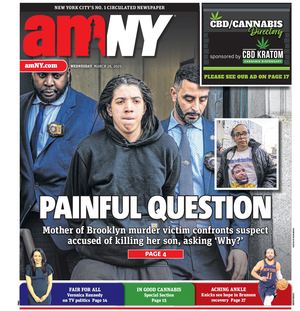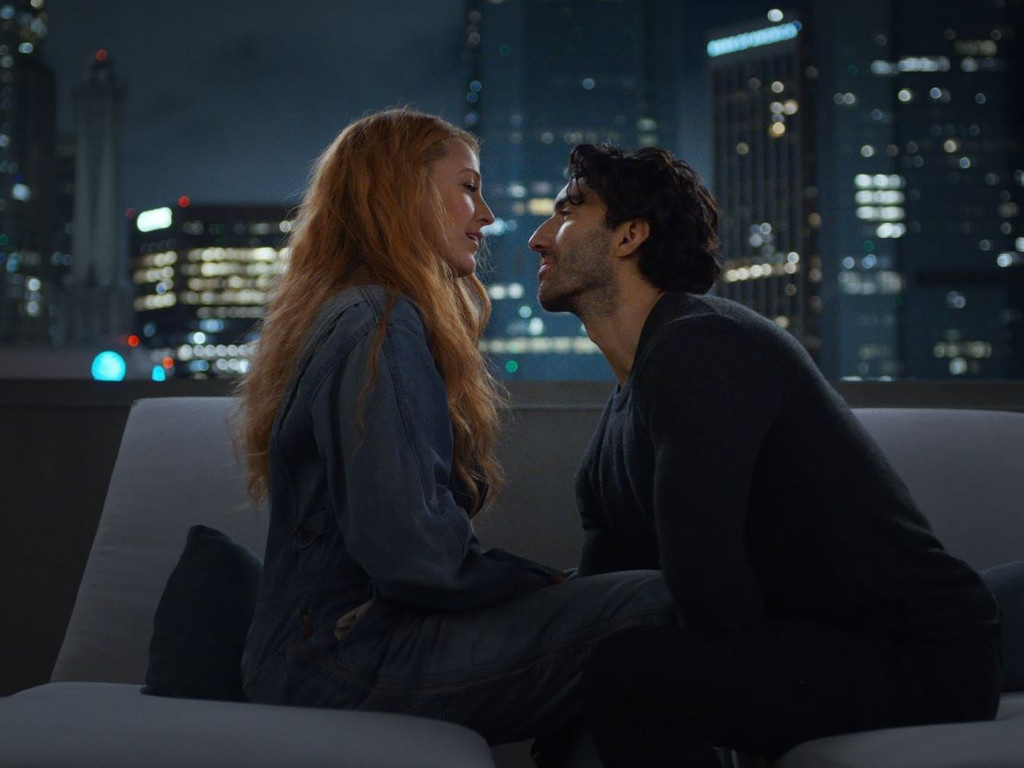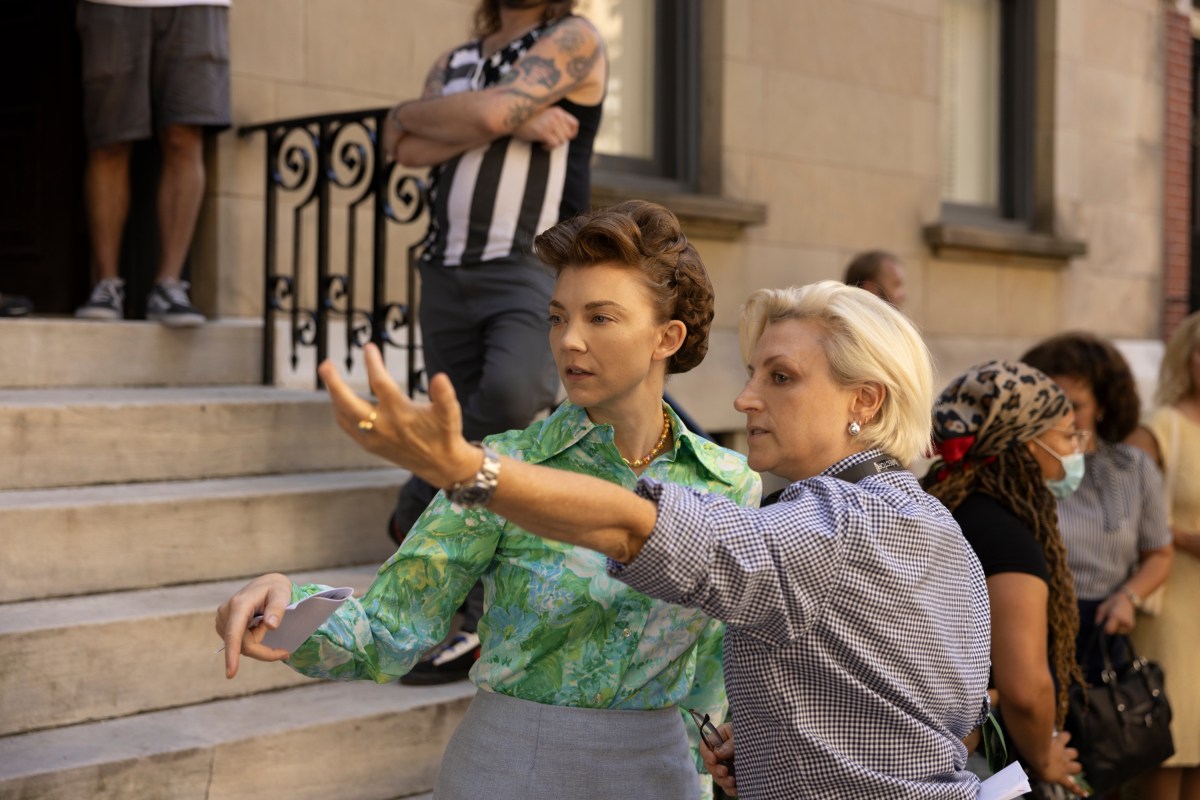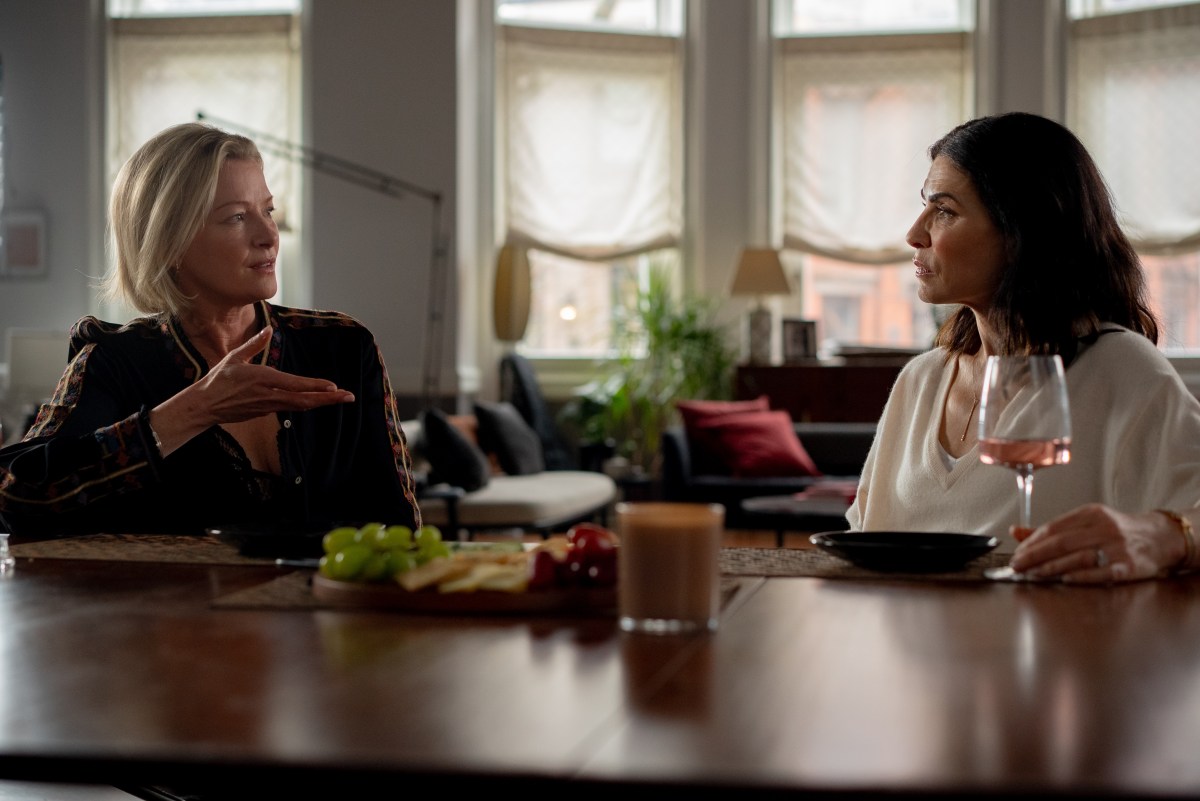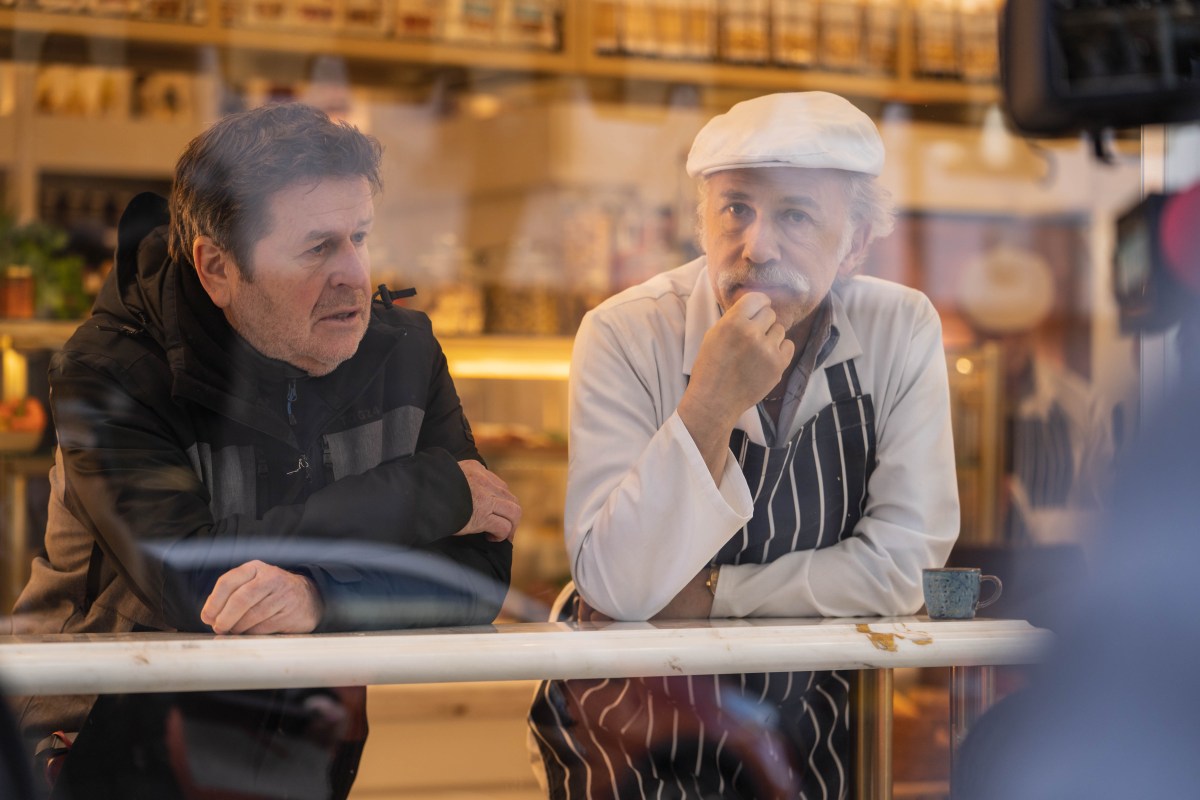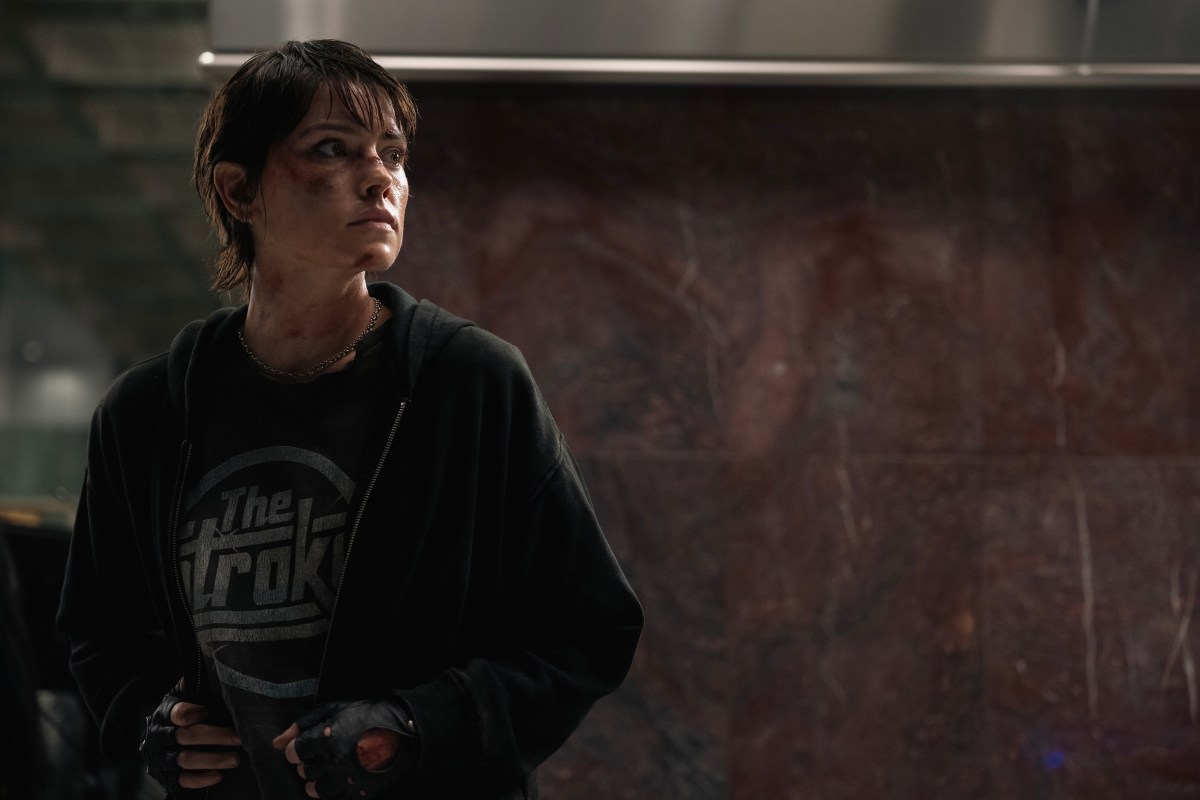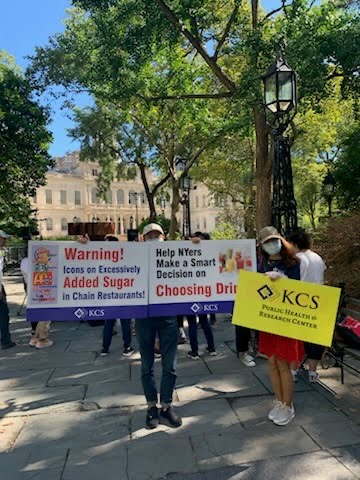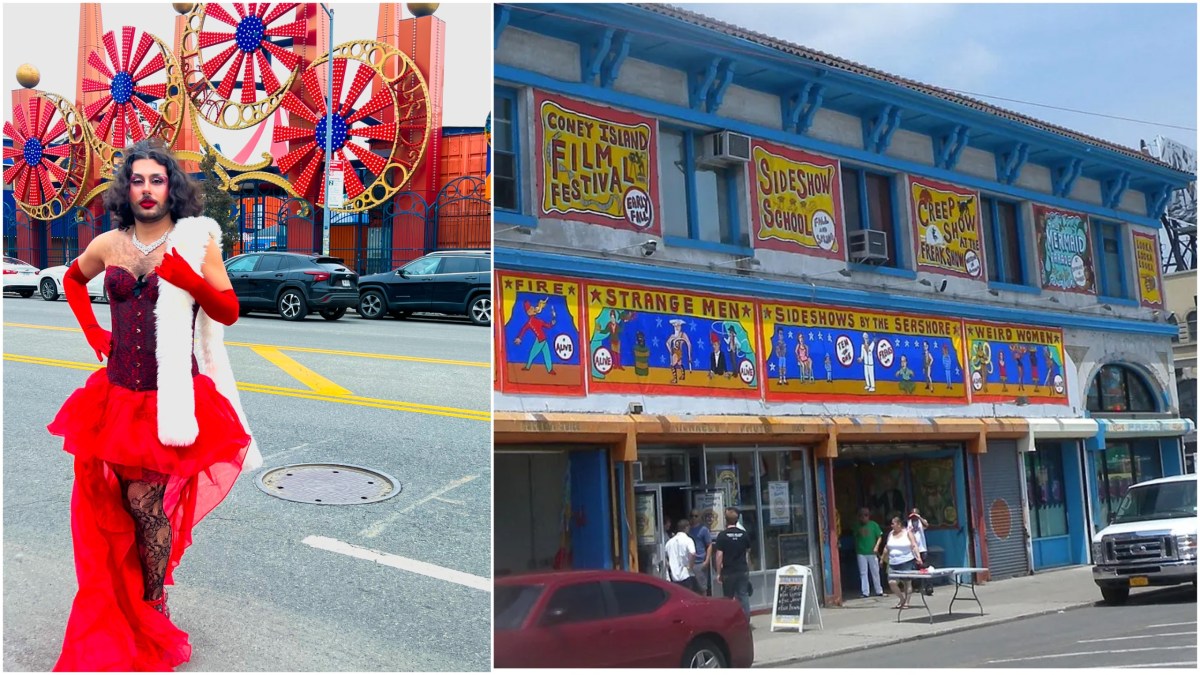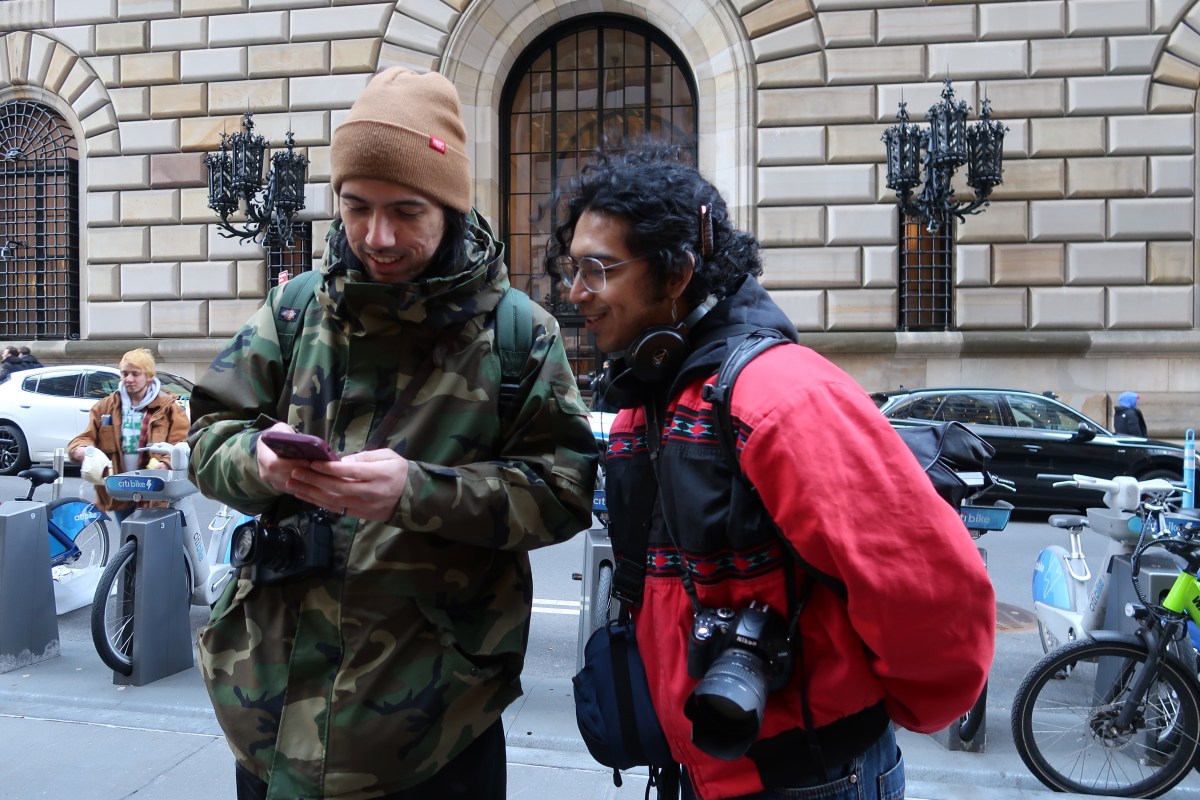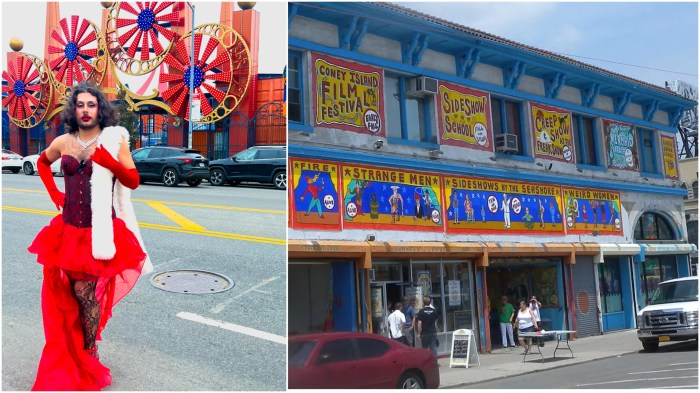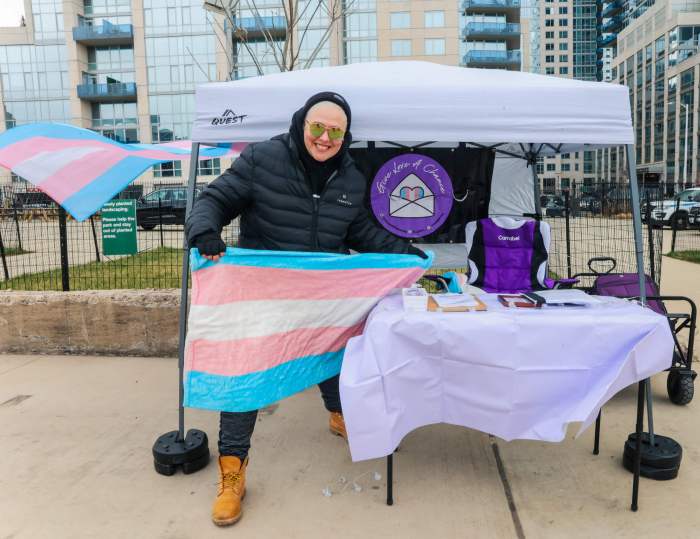Blake Lively is caught between hot neurosurgeon Ryle Kincaid and her child sweetheart Atlas Corrigan in the movie adaptation of Colleen Hoover’s novel.
Colleen Hoover’s novel It Ends With Us has been a best-selling sensation for a while so it was only a matter of time before the movie adaptation came along.
The adaptation, directed by Justin Baldoni, tells the story of Lily Bloom (Blake Lively), who has just started dating neurosurgeon Ryle (also Baldoni) when she bumps into her childhood sweetheart Atlas Corrigan (Brandon Sklenar) after many years apart.
She decides to pursue her relationship with Ryle but eventually his true colours begin to show.
This film has been marketed as a romance drama about a woman caught between two men. While that is partly true, prospective viewers should be aware that it deals with domestic abuse and is inspired by the relationship between Hoover’s parents. This is an easy, breezy romance in the first half but then it turns into something very serious that audiences might not have been expecting.
Thankfully, the violence is handled responsibly and sensibly – these days, we don’t need to show instances of abuse in all their gory details. The film may be rated 15 but you really don’t see very much; it cuts away and lets your imagination fill in the rest.
Fans of the book will be pleased to learn that it is a very loyal adaptation. Some parts have been streamlined for runtime reasons and there are very tweaks here and there (less Ellen DeGeneres references!) but the core elements are the same.
However, there are moments that don’t resonate in the film quite like they did in the book. For example, the violent incidents lacked the same visceral quality and the script couldn’t quite articulate why women sometimes choose to stay and why the cycle keeps going.
But these are only minor misgivings. This adaptation is still very effective emotionally – you might need tissues – as well as tense, gripping and shocking. The ending didn’t quite have the same emotional weight as the book and the lighter first half took a while to get going, but the middle portion is really well done.
Lily provides Lively with a great opportunity to showcase her talents – she is warm and likeable in the first half but becomes emotionally vulnerable, exhausted and conflicted in the second.
Baldoni could have easily made Ryle into a villain but he humanises him and shows that he is not a two-dimensional stereotype. There is more to him. On the flip side, Sklenar is kind, understanding and solid as Atlas.
She may have less to do than in the book but Jenny Slate deserves a shout-out as Ryle’s sister and Lily’s best friend Allysa. Her neurotic energy works well for the character and brings some much-needed comic relief.
You don’t really see serious adult romance dramas in the cinema anymore, so this getting a theatrical release just shows the power of Colleen Hoover. Fans of the novel will eat this up, but outsiders might not be so easily pleased.
In cinemas from Friday 9th July.
Read More: https://www.amny.com/entertainment/movies/
